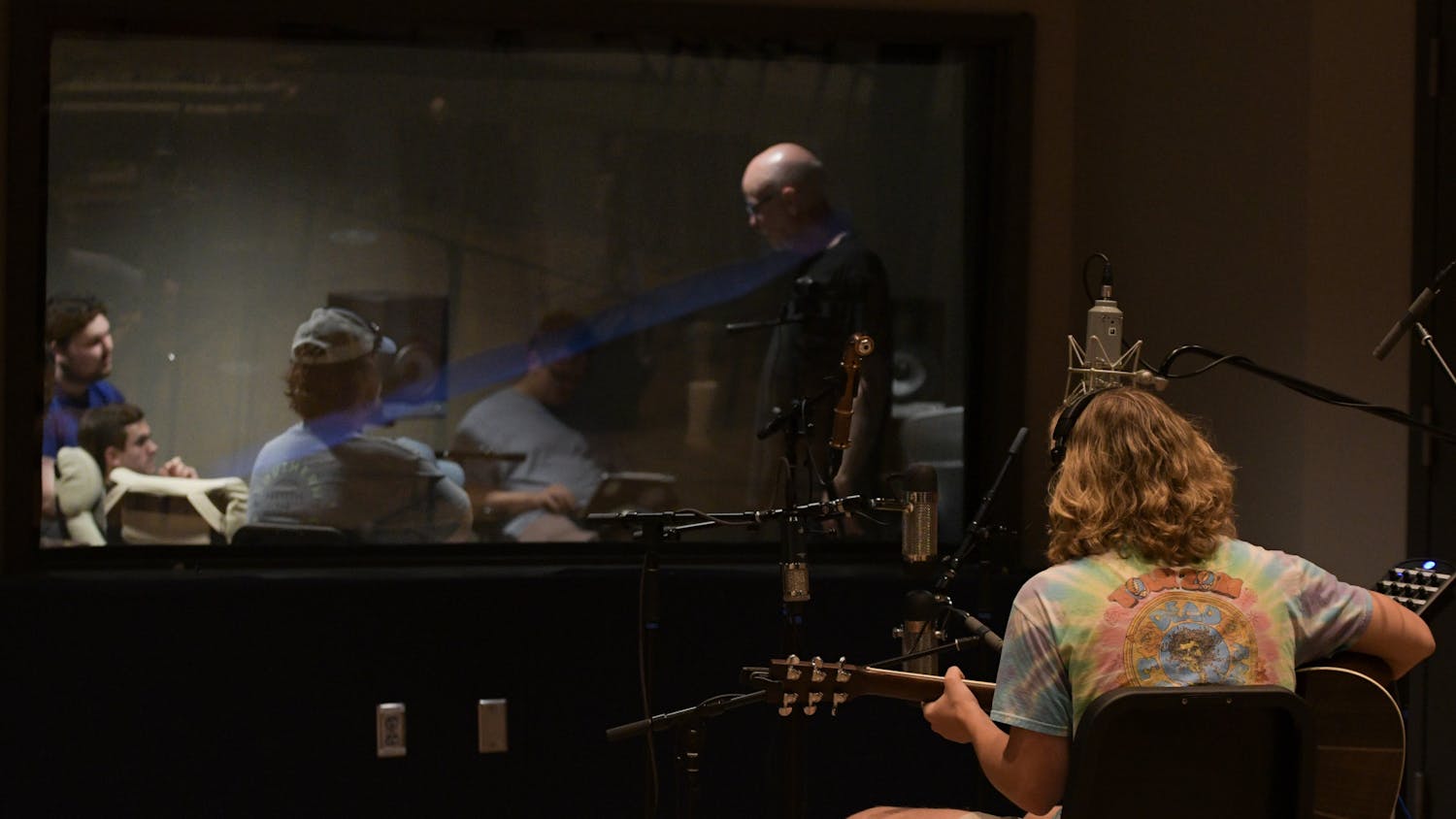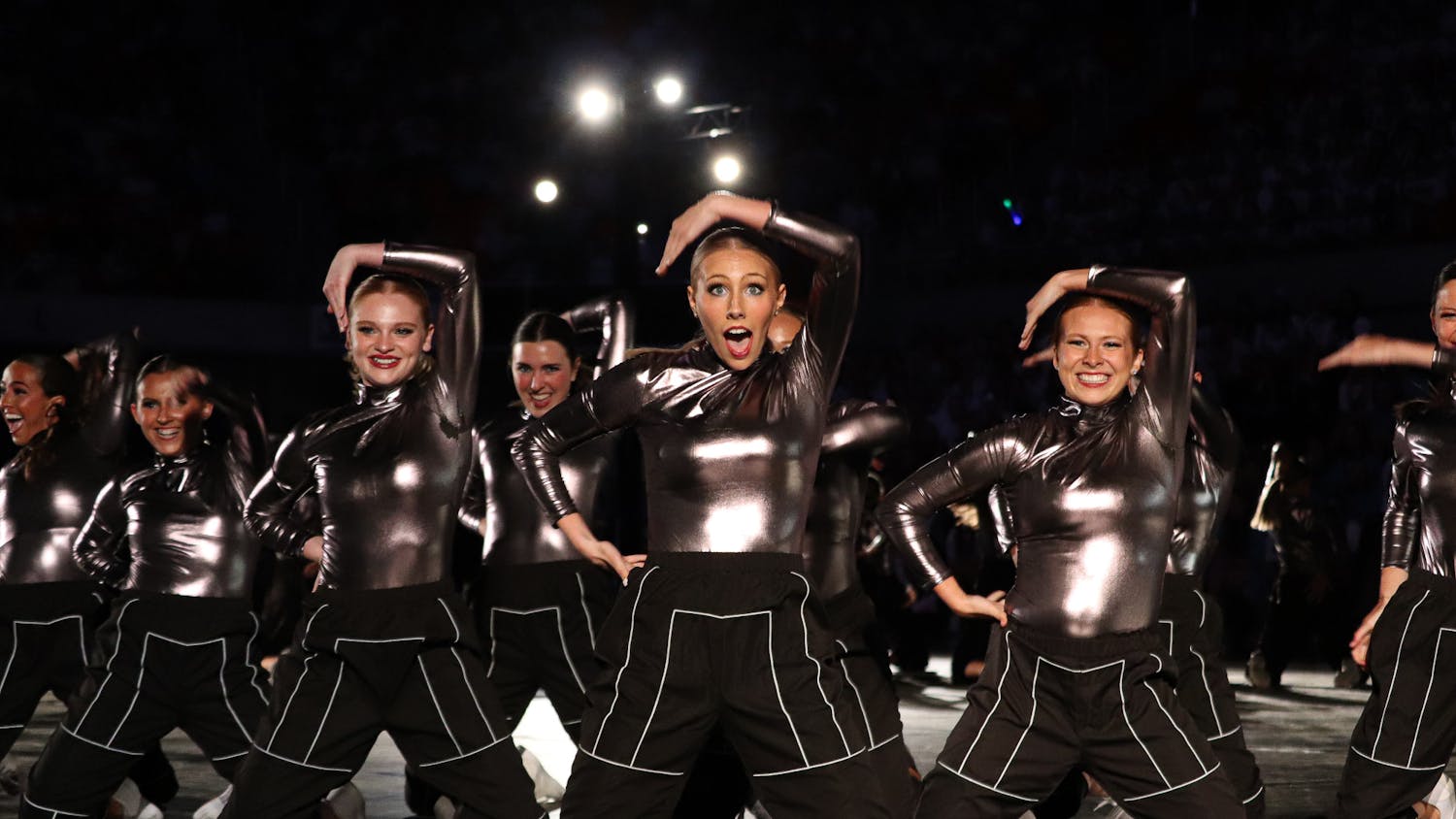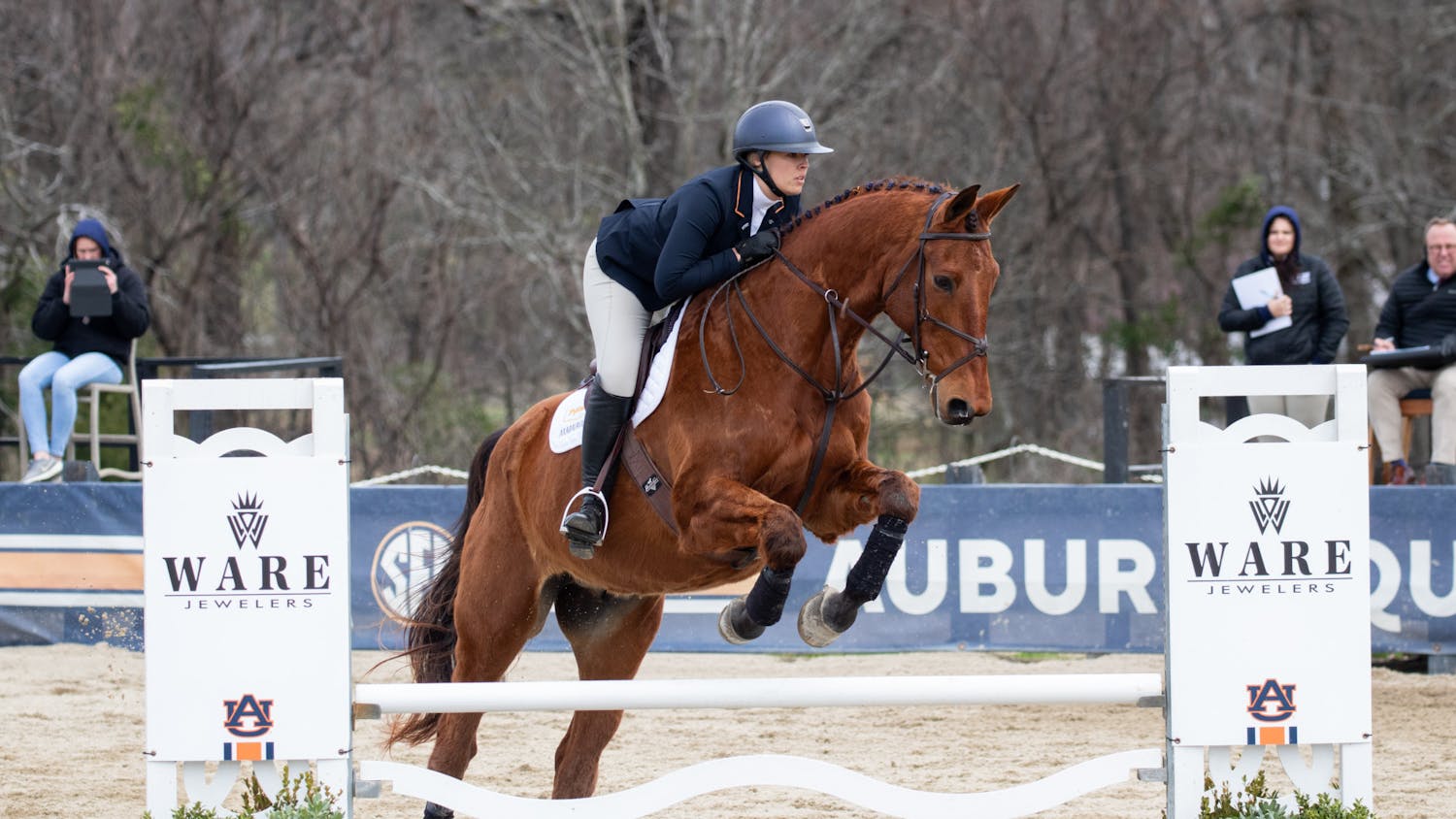After presenting their projects as finalists to a panel at the Hotel at Auburn University and Dixon Conference Center, three professors have been awarded funding from the Fund for Research and Innovation at Auburn University by LAUNCH.
LAUNCH was conceived by the Auburn University Research Advisory Board, an endowed fund that is utilized to make operations between innovative research and the marketplace easier. The fund was created in spring 2015 with the goal of accumulating $10 million, giving $400,000 for research project grants.
The finalist presentations took place on April 22 as part of Auburn’s Entrepreneurship Summit. The winners of the reward were notified over the phone.
Robert Dean, assistant professor in the Department of Electrical and Computer Engineering; Mark Liles, professor in the Department of Biological Sciences and David Worley, professor emeritus from the Department of Chemistry and Biochemistry were selected as recipients of the grants.
Each will receive funding toward the commercialization of their research.
Each LAUNCH grant recipient has been working on their projects for over a decade, with hopes of helping people through their research.
Dean’s research has developed a specialized sensor for large hay bales that senses moisture. The goal of this sensor is to prevent the combustion of hay bales when the core of the bales break down and heat up.
Worley has worked on making compounds that are anti-microbial — they kill bacteria, viruses and other organisms.
“Our proposal is to test some of these new compounds when they are in or on gauze bandages ... to see if we can kill pathogenic organisms in the bandages to help prevent infections and cure up wounds faster,” Worley explained.
Worley, the principal investigator, and his team deposited the new compounds onto gauze bandages and tested them against bacteria such as Staphylococcus aureus, a bacteria commonly found in wounds.
They want to see if they can kill such bacteria in a short contact time and to test the stability to see how the compounds last in storage and while also on the bandage.
Since receiving the reward, Worley and his team have been able to further test their four compounds. Worley currently holds patents on the compounds and on his designed bandages. His end goal is to finalize the technology for Auburn University.
“This is very relevant to the world,” he said. “The main type of anti-microbial wound dressing has silver in it ... it’s very expensive and hard to get rid of in the environment ... our wound dressings are bio-degradable and much less expensive to manufacture.”
The third LAUNCH grant recipient, Liles, has developed a probiotic Bacillus strain that prevents methicillin-resistant Staphylococcus aureus infections.
“There’s a need to control disease in medicine and agriculture and an increasing frequency of multi-drug resistant pathogens," Liles said. "Doctors and farmers need new tools to treat disease. The probiotics we’ve developed at Auburn can prevent and treat disease, and they produce multiple antibiotics as well as compete with the pathogens on us, animals or plants."
LAUNCH’s funding is going toward developing the probiotic to prevent disease in humans and in livestock. This project includes contributions from Joseph Kloepper, entomology and plant pathology professor, and Peter Panizi, drug discovery and development associate professor.
Since receiving the grant, Liles’ team has improved variants of the probiotic, which will be tested in a mouse model to determine whether the probiotic has improved the prevention of MRSA infections.
The ultimate goal of Liles and his team is to get their project commercialized for human MRSA prevention and in livestock. MRSA is a very serious and painful skin infection with the capability of becoming life threatening.
The probiotic discovered by Liles and tested in mice has been shown to work as a probiotic and producer of an antibiotic, removing signs of MRSA infection. The probiotic worked well not only in the laboratory but also in live mice.
In order to develop this for human application, more funding and testing will be necessary.
“If we do not commercialize this project ... we are never helping anyone ... the farmers, the doctors ... that is what motivates us — translating the academic technology into real world products," Liles said. "It means you need to have a commercial partner to do that."
Being LAUNCH recipients, the researchers have access to experts in entrepreneurship from Auburn University’s Raymond J. Harbert College of Business and members of the Innovation Advancement and Commercialization Office. M.B.A. students will be assigned to the projects to conduct market research to gain learning experience.
Do you like this story? The Plainsman doesn't accept money from tuition or student fees, and we don't charge a subscription fee. But you can donate to support The Plainsman.



